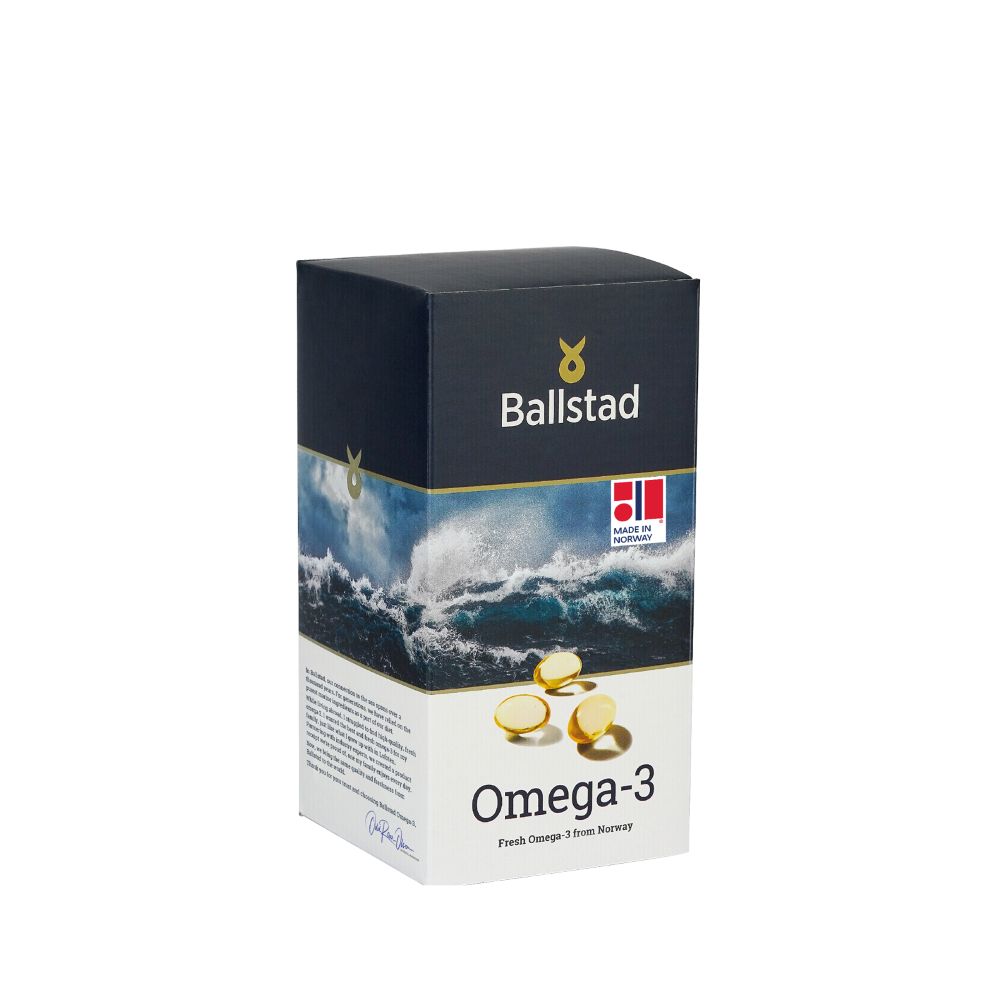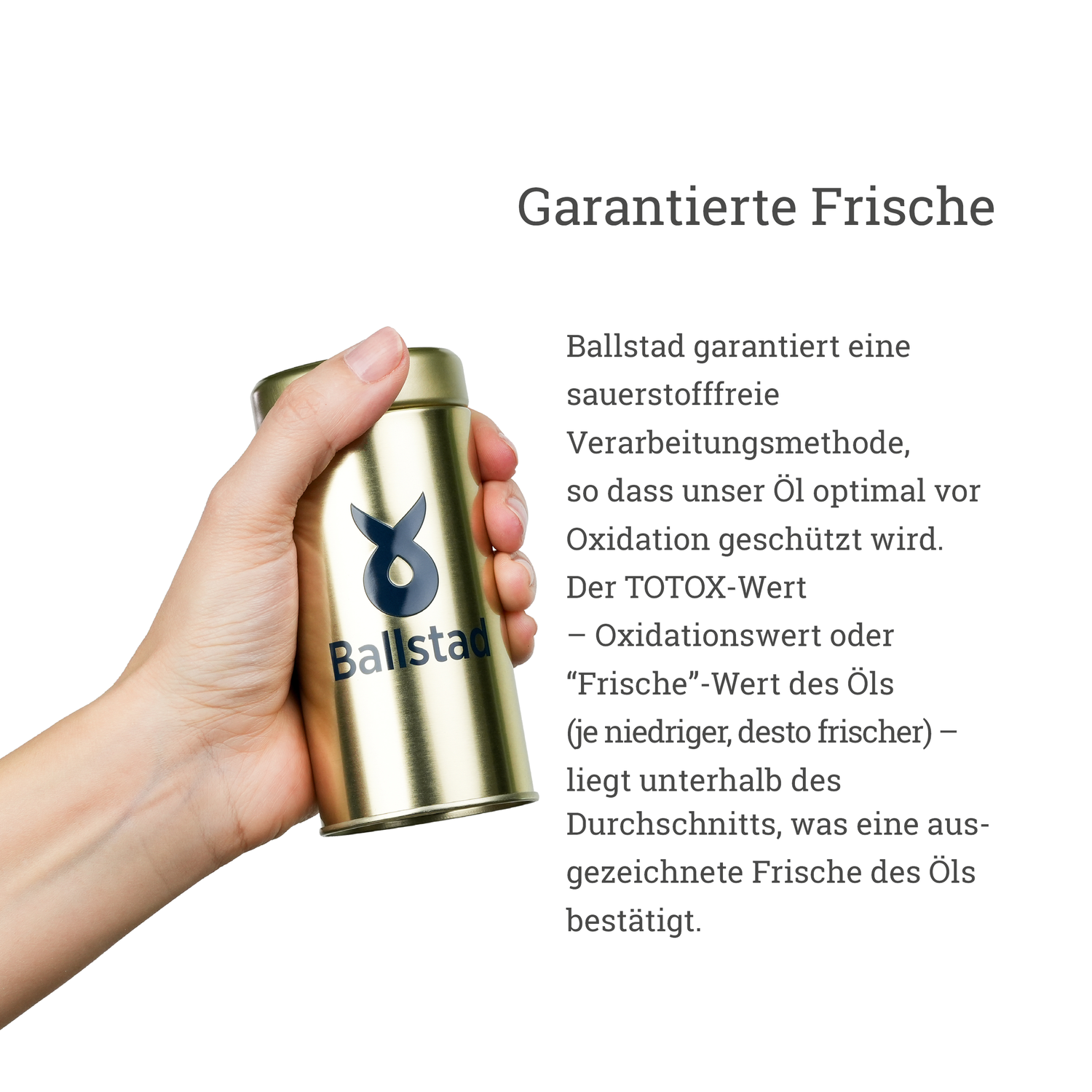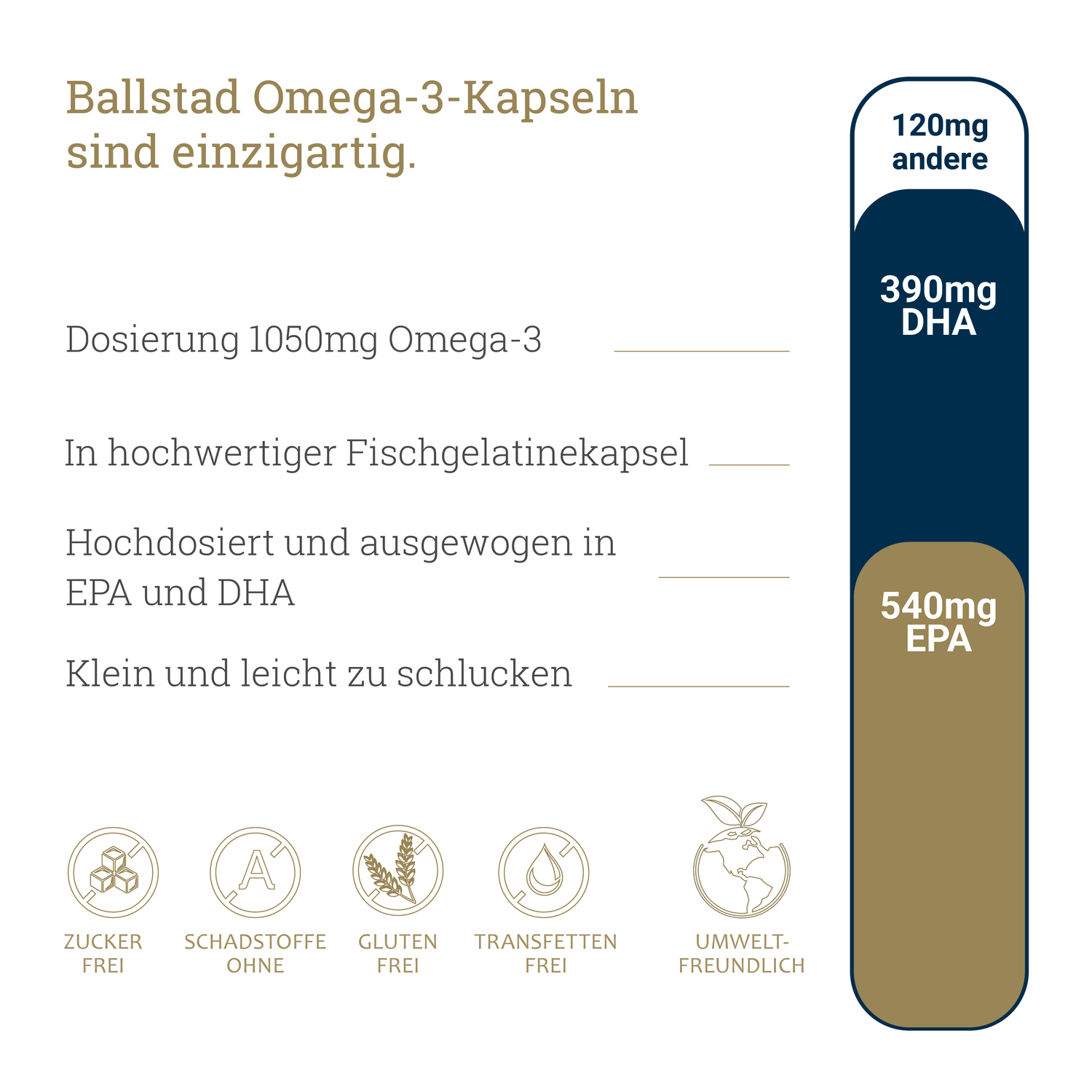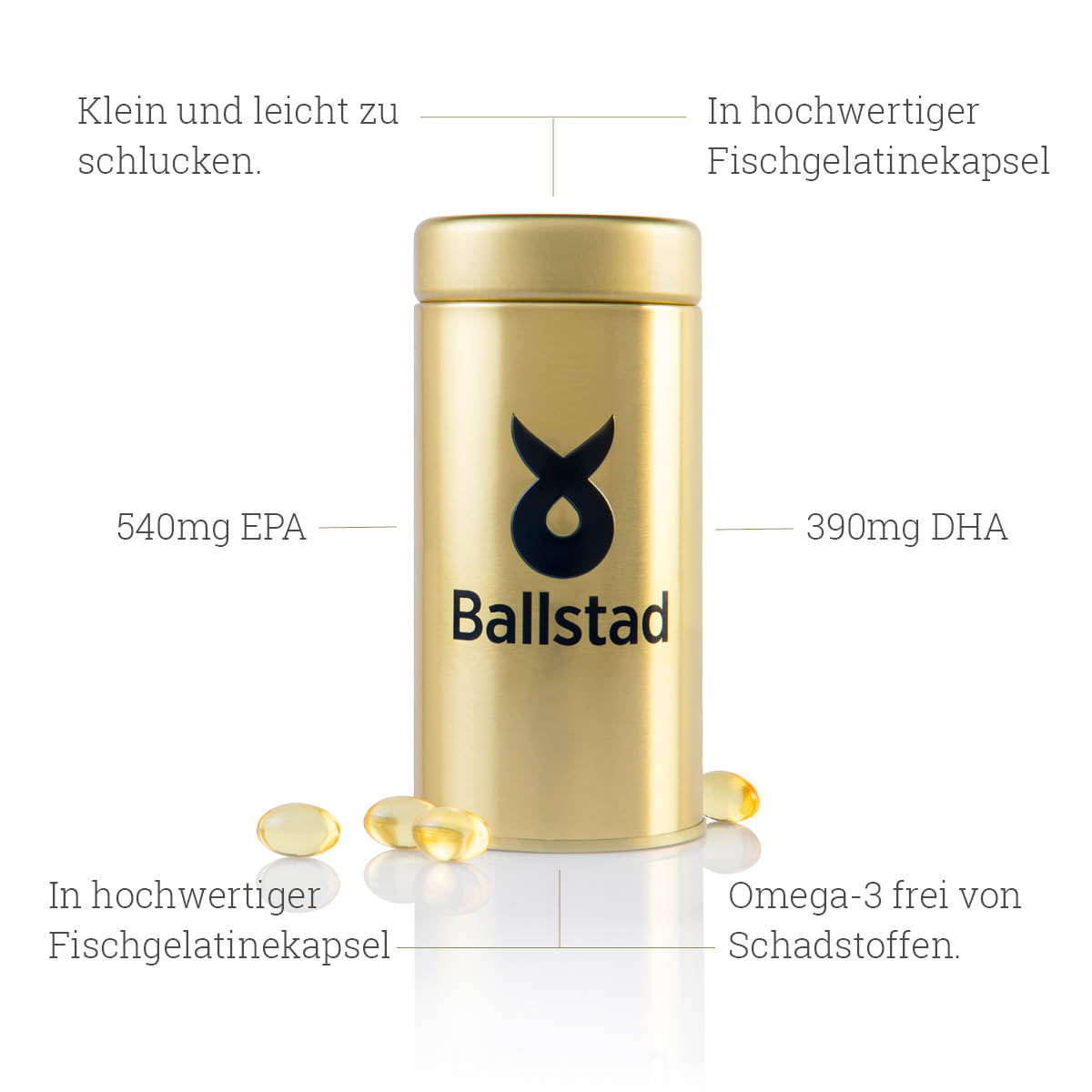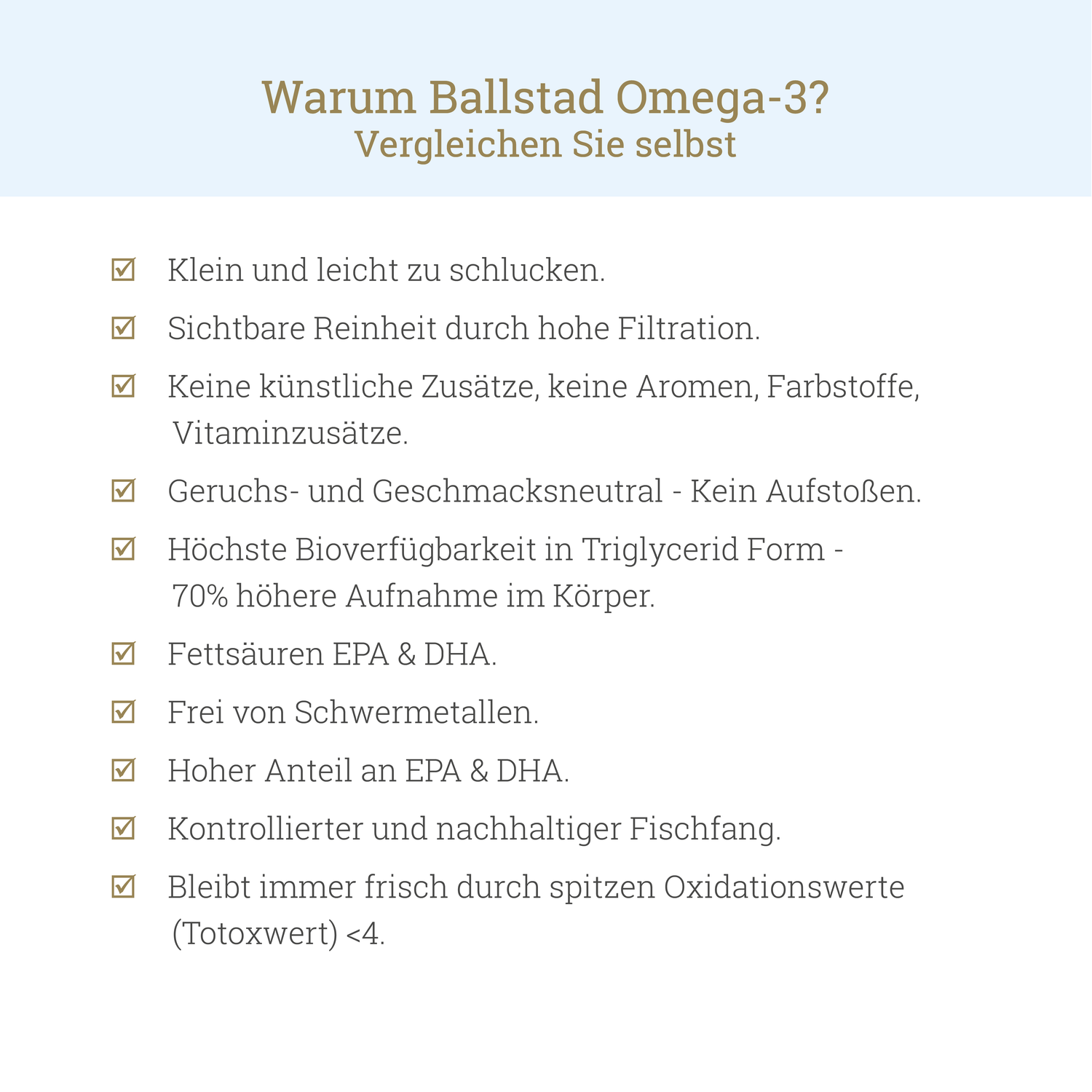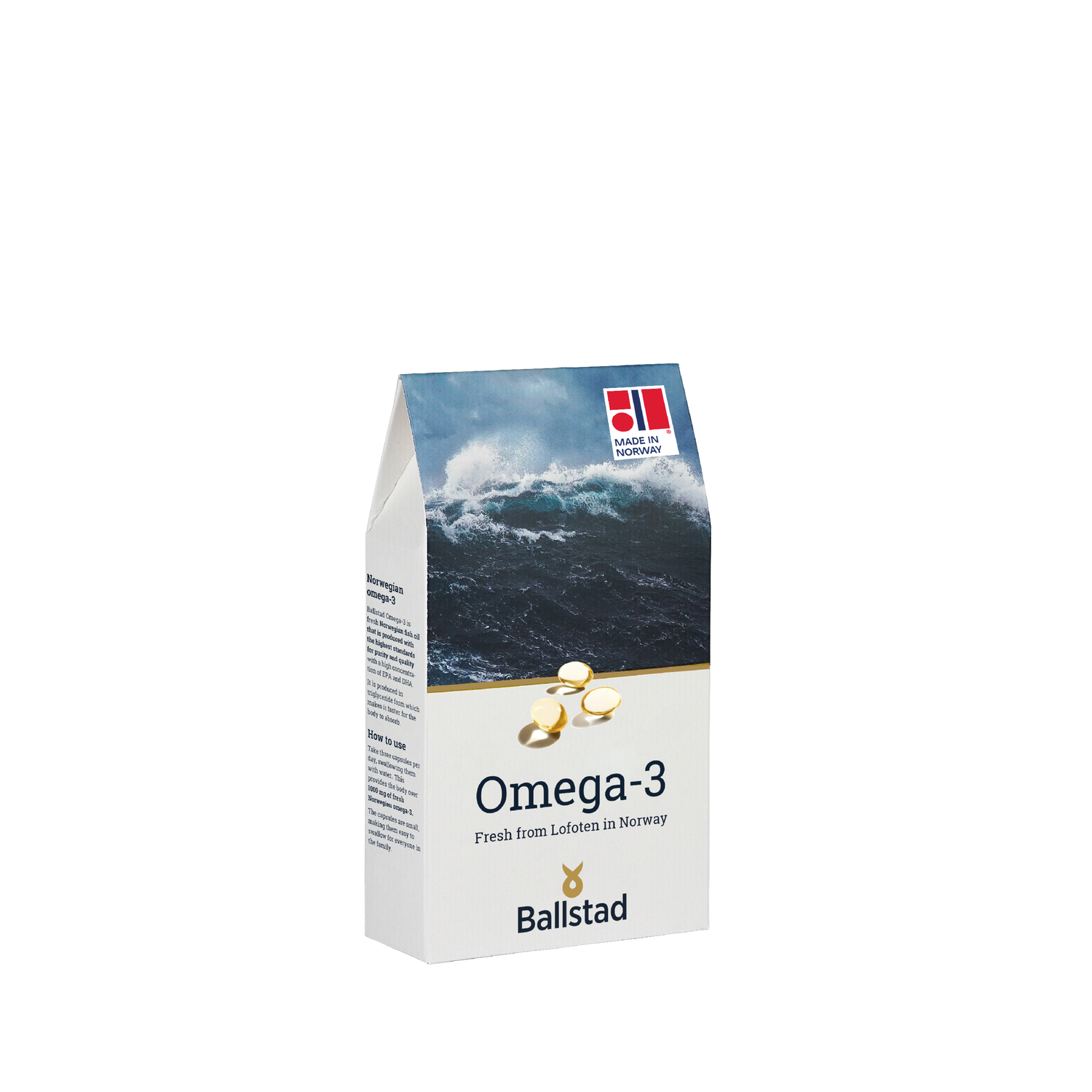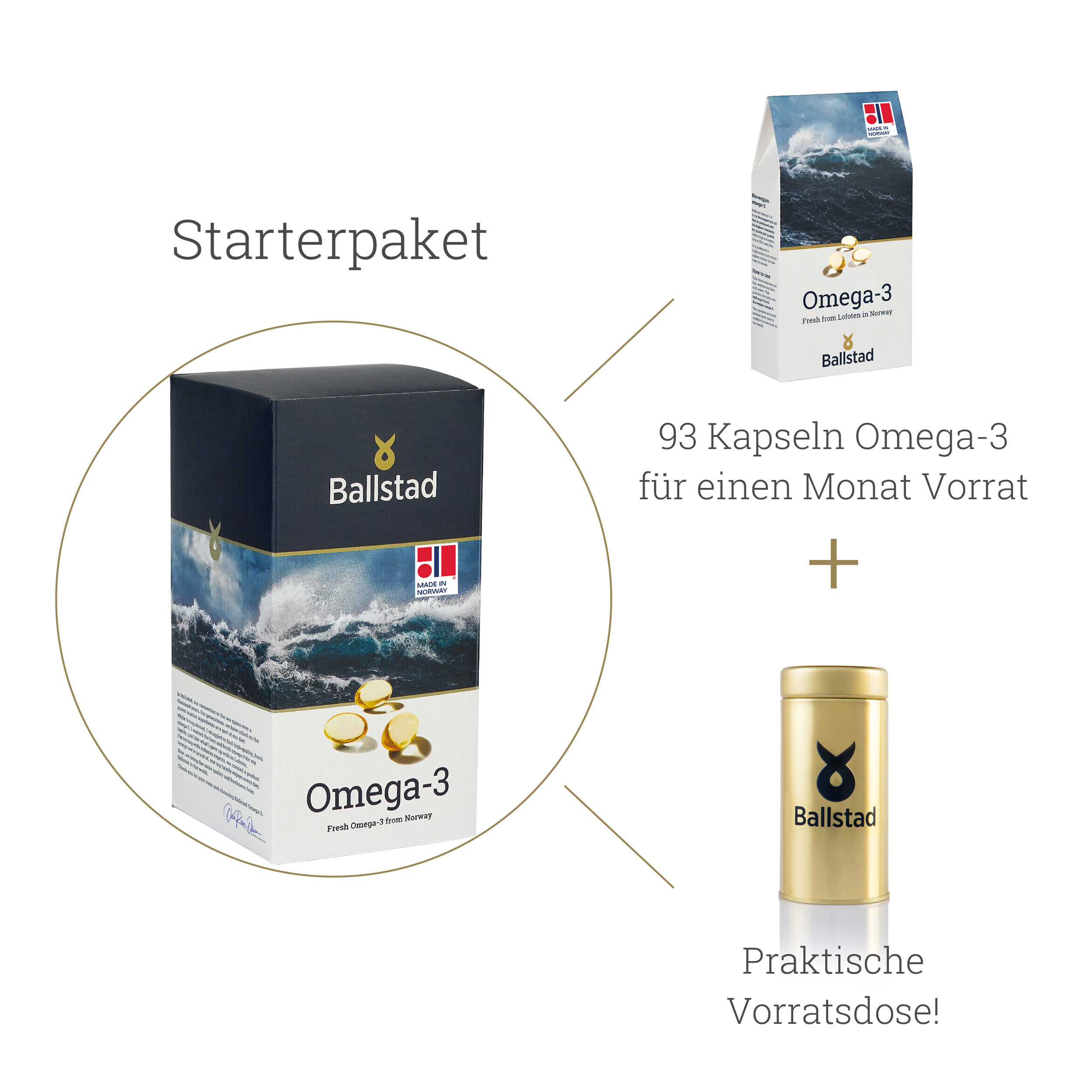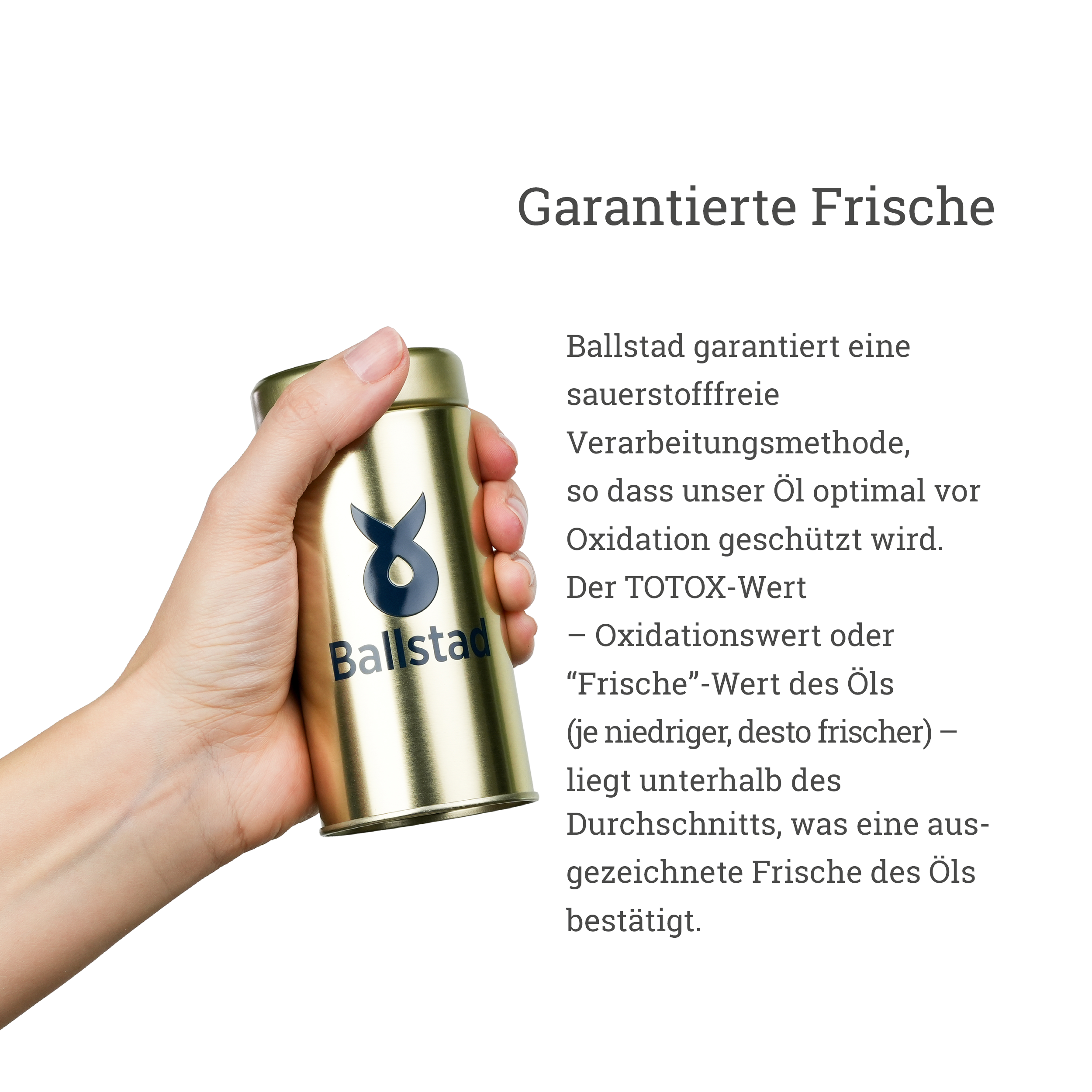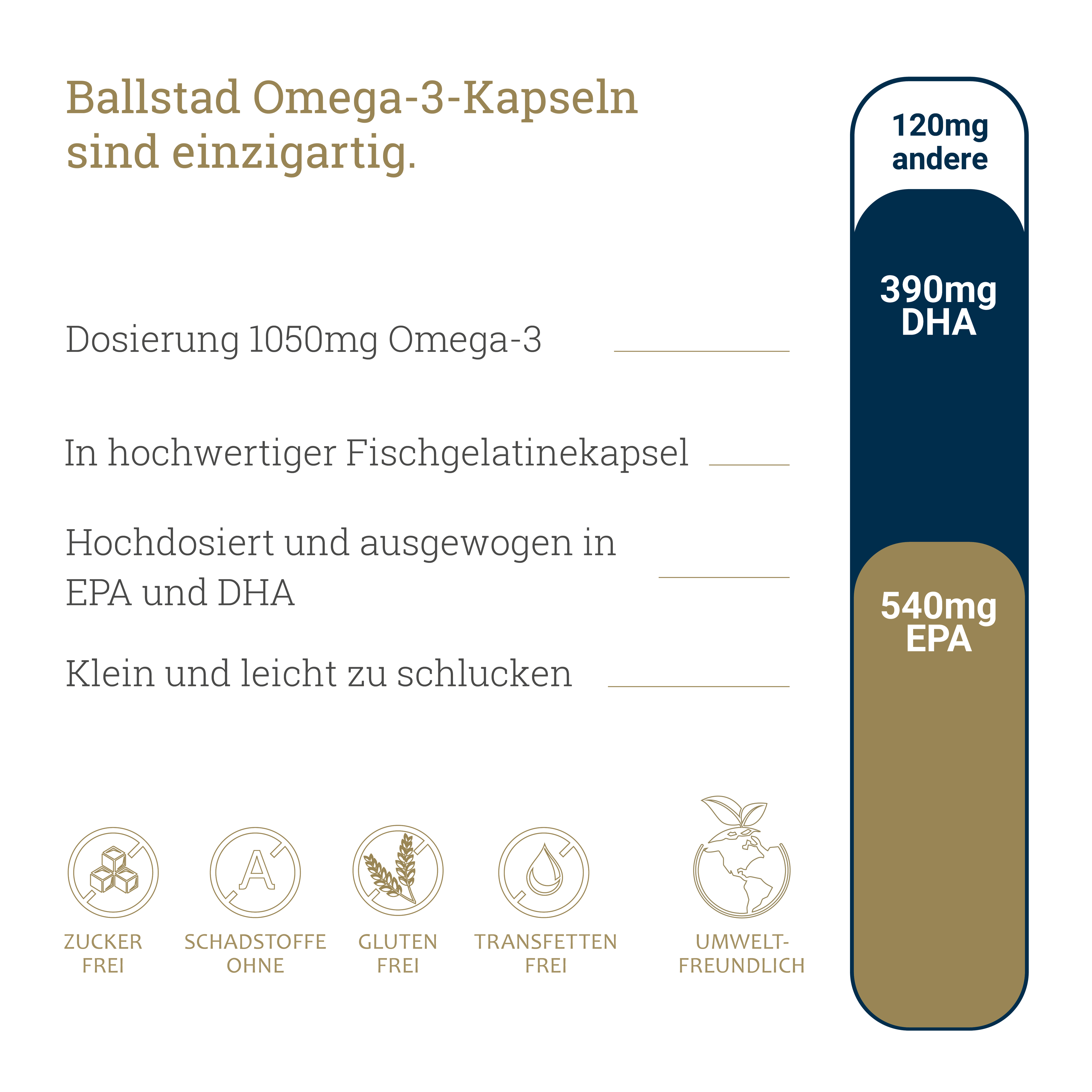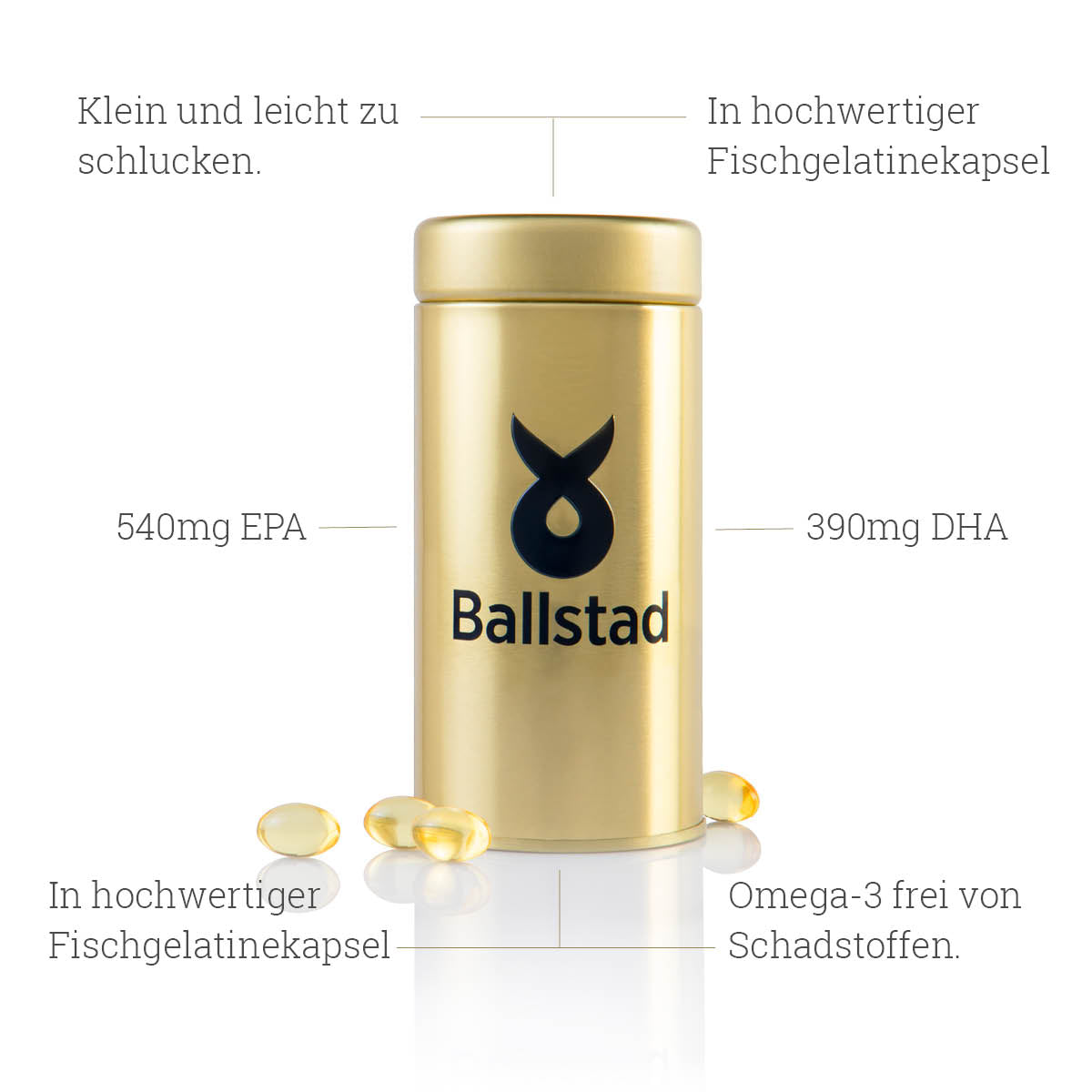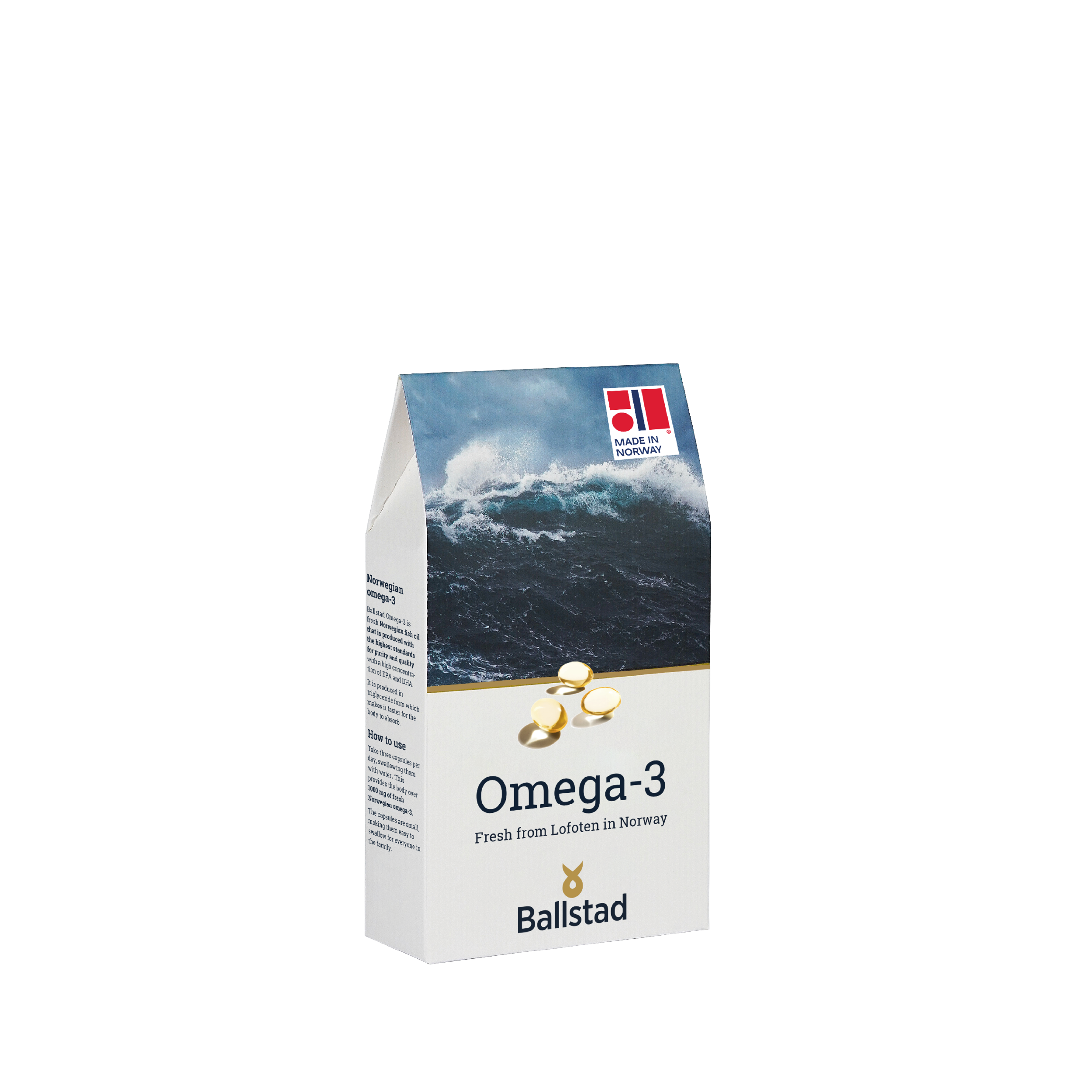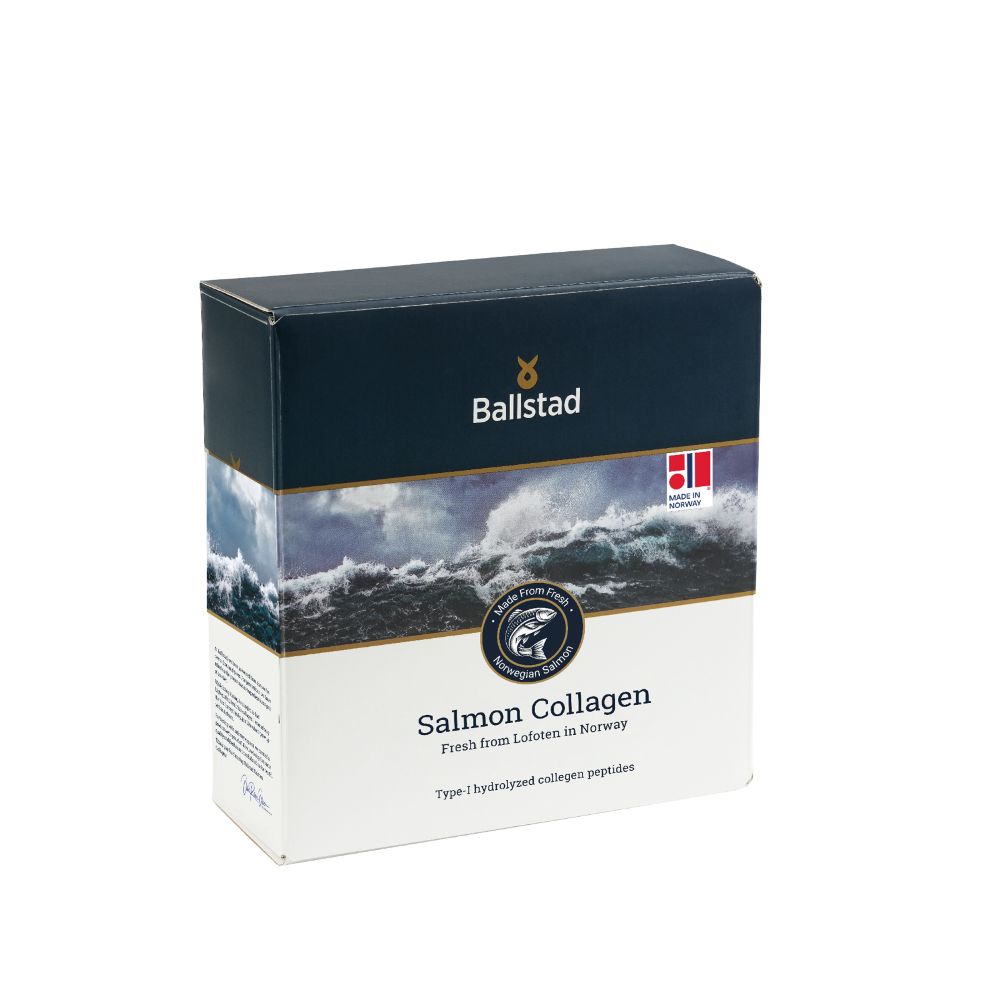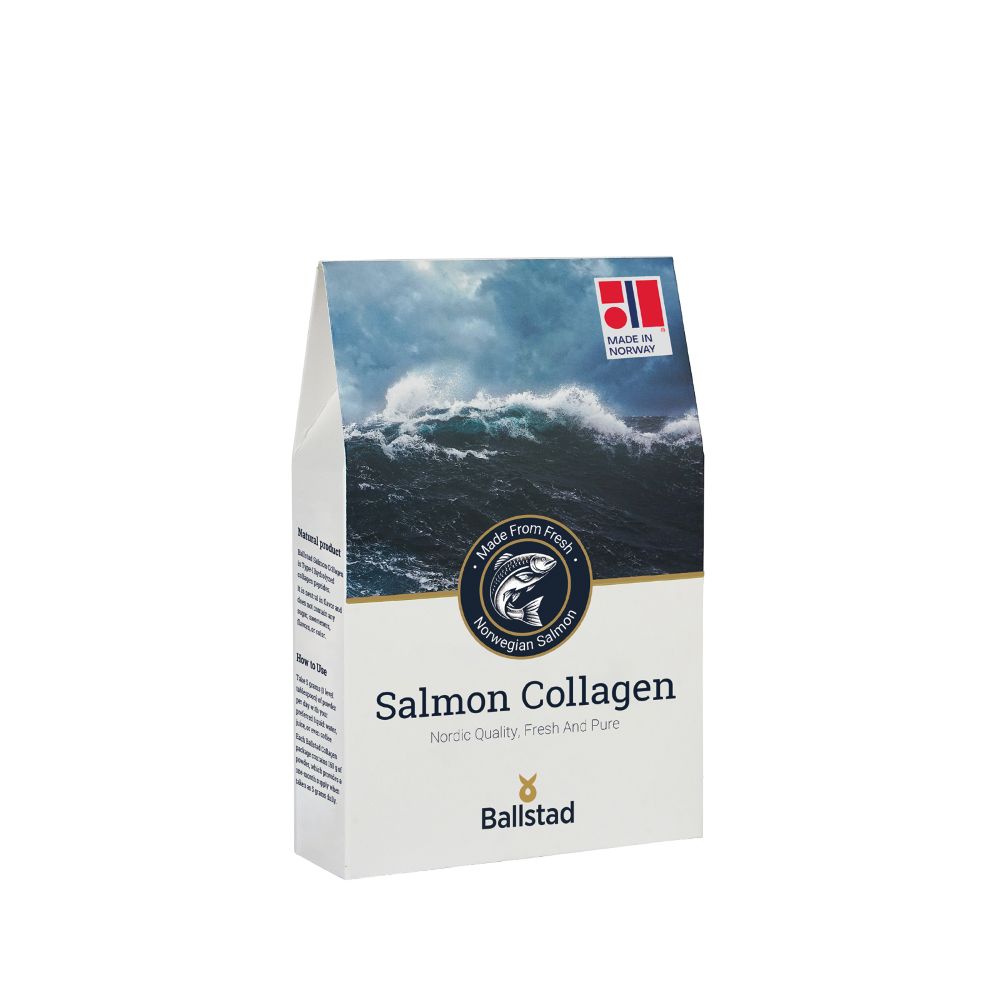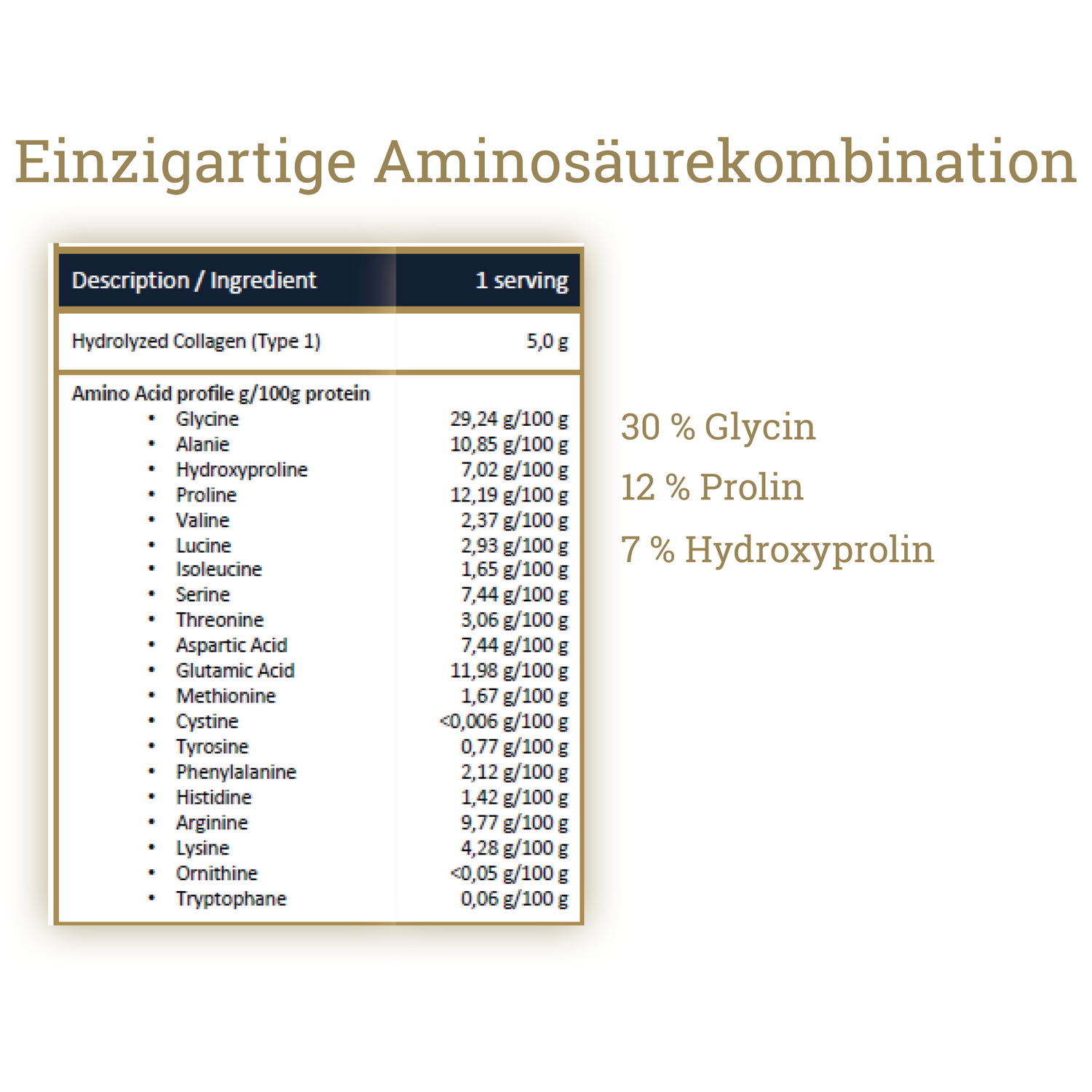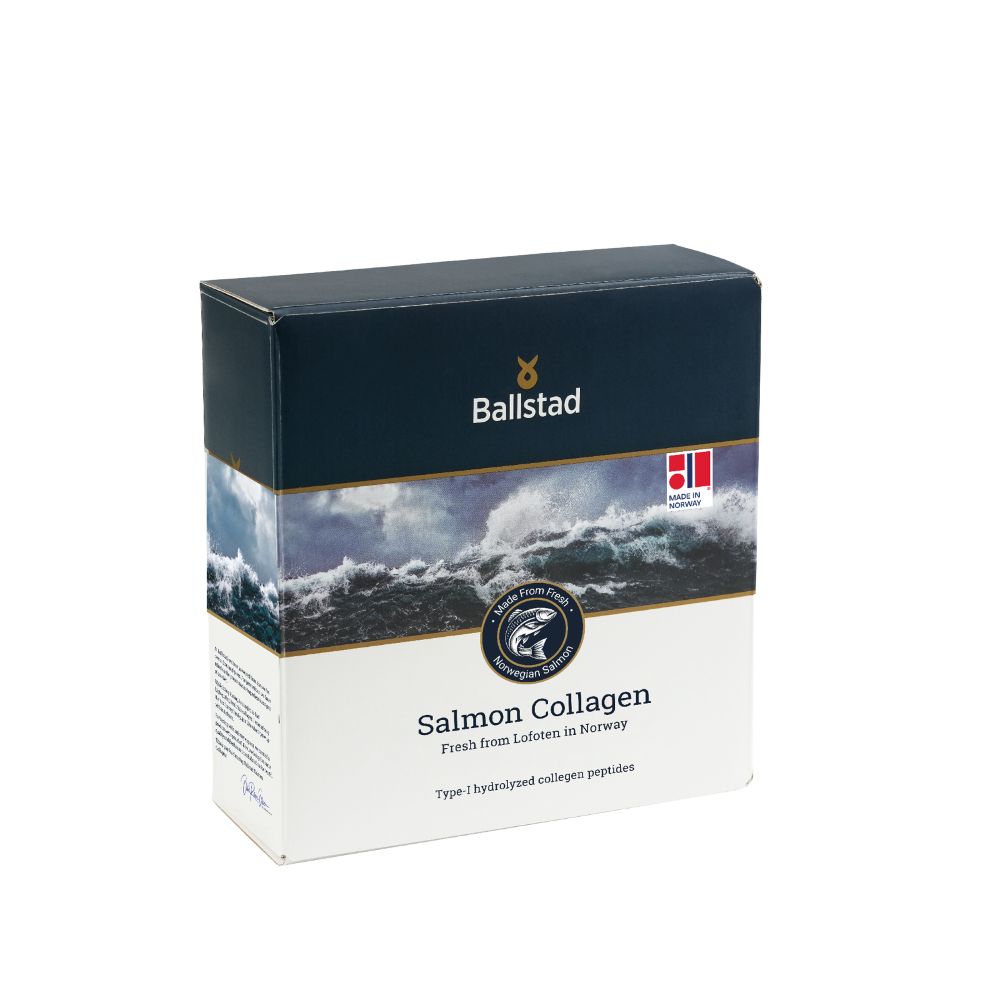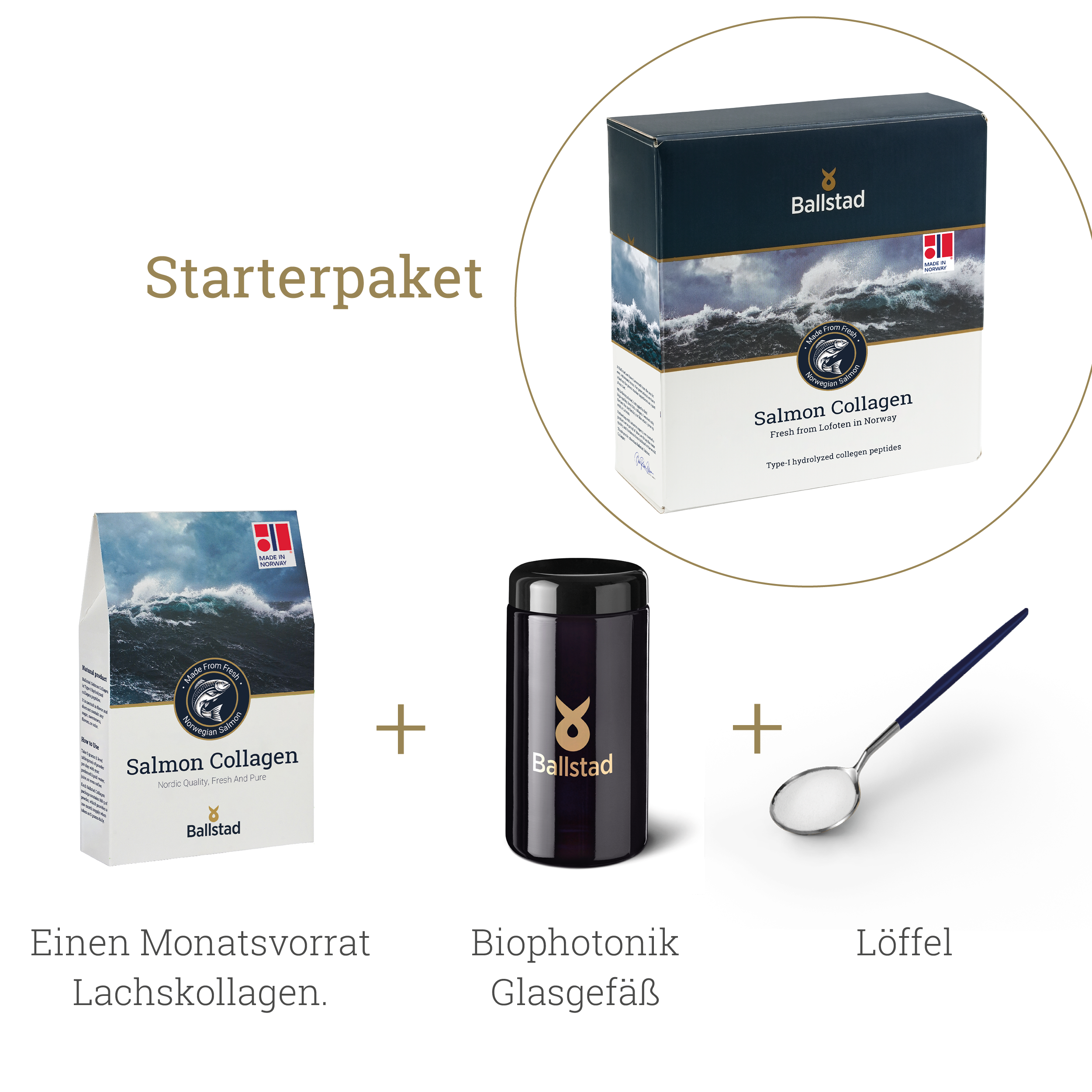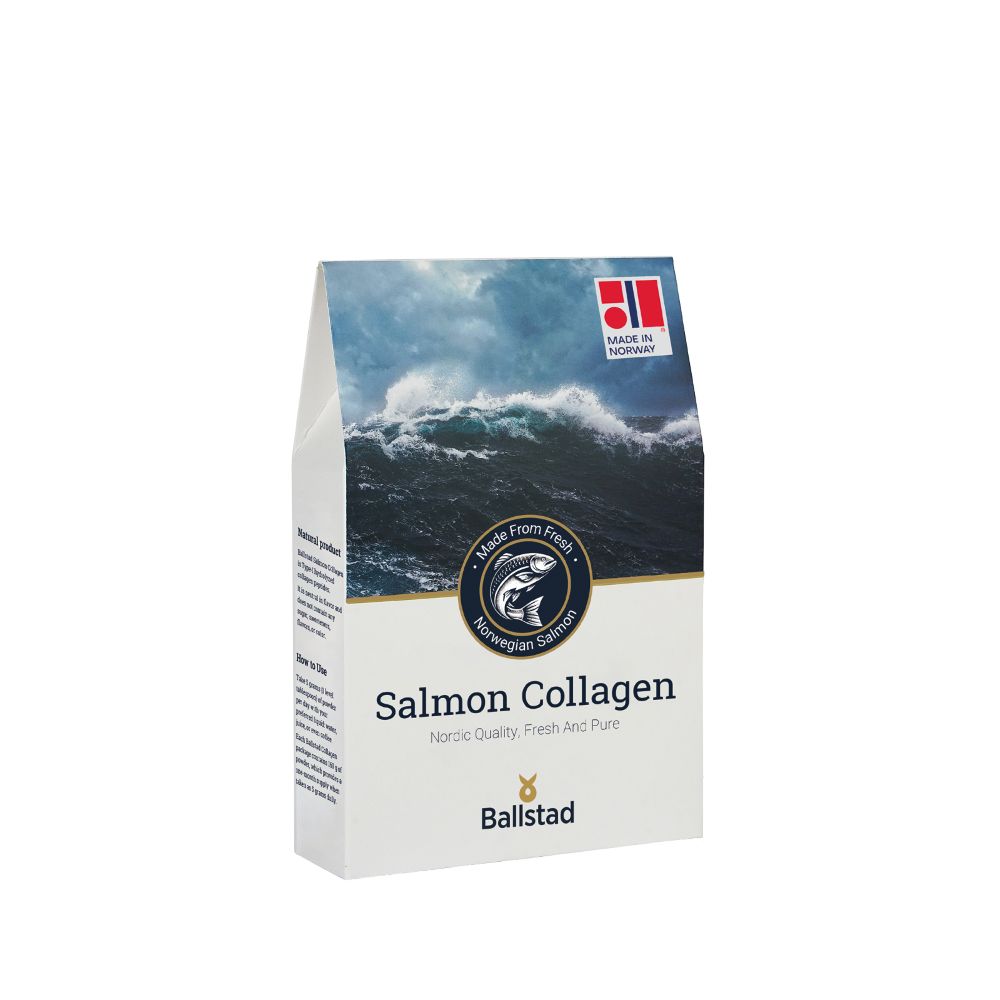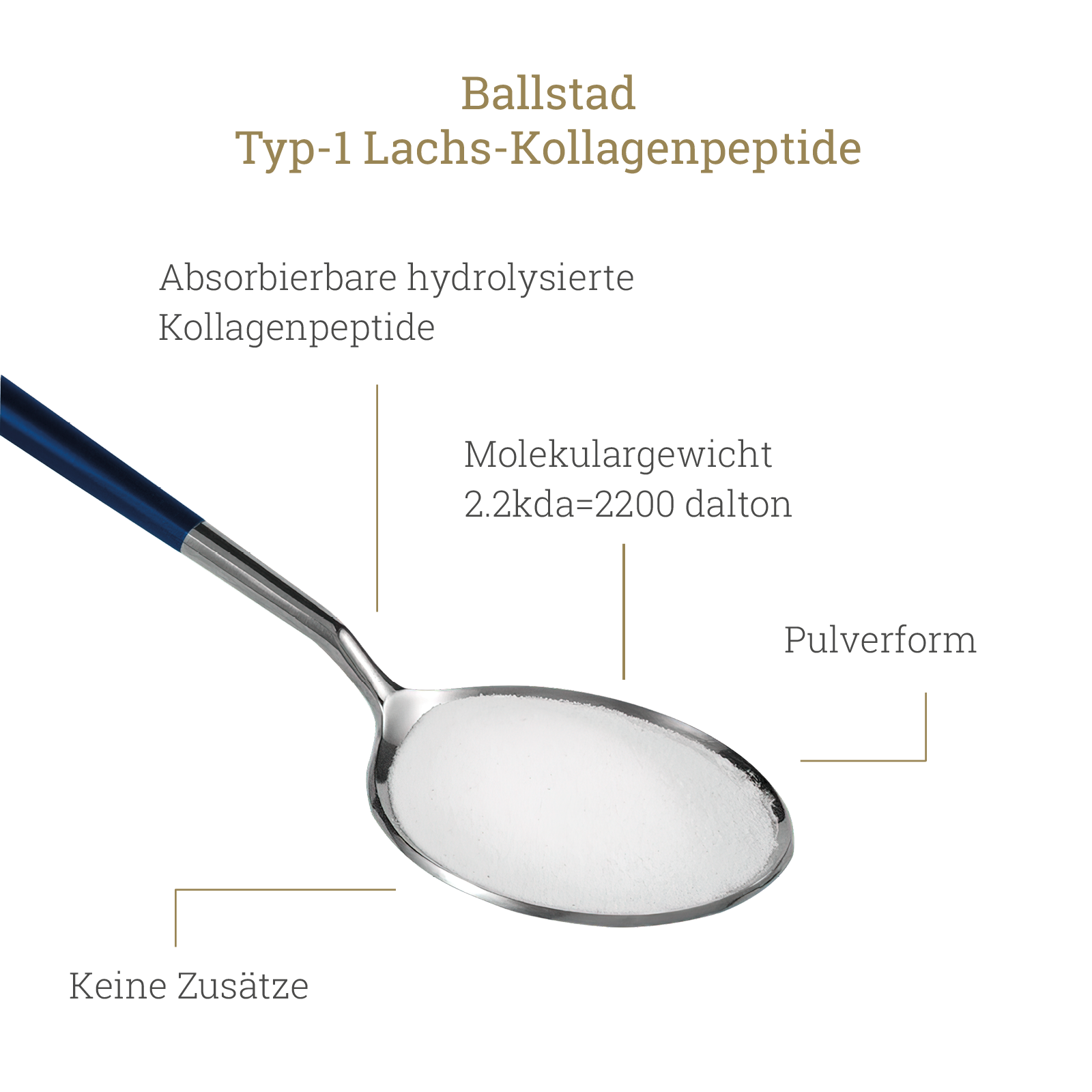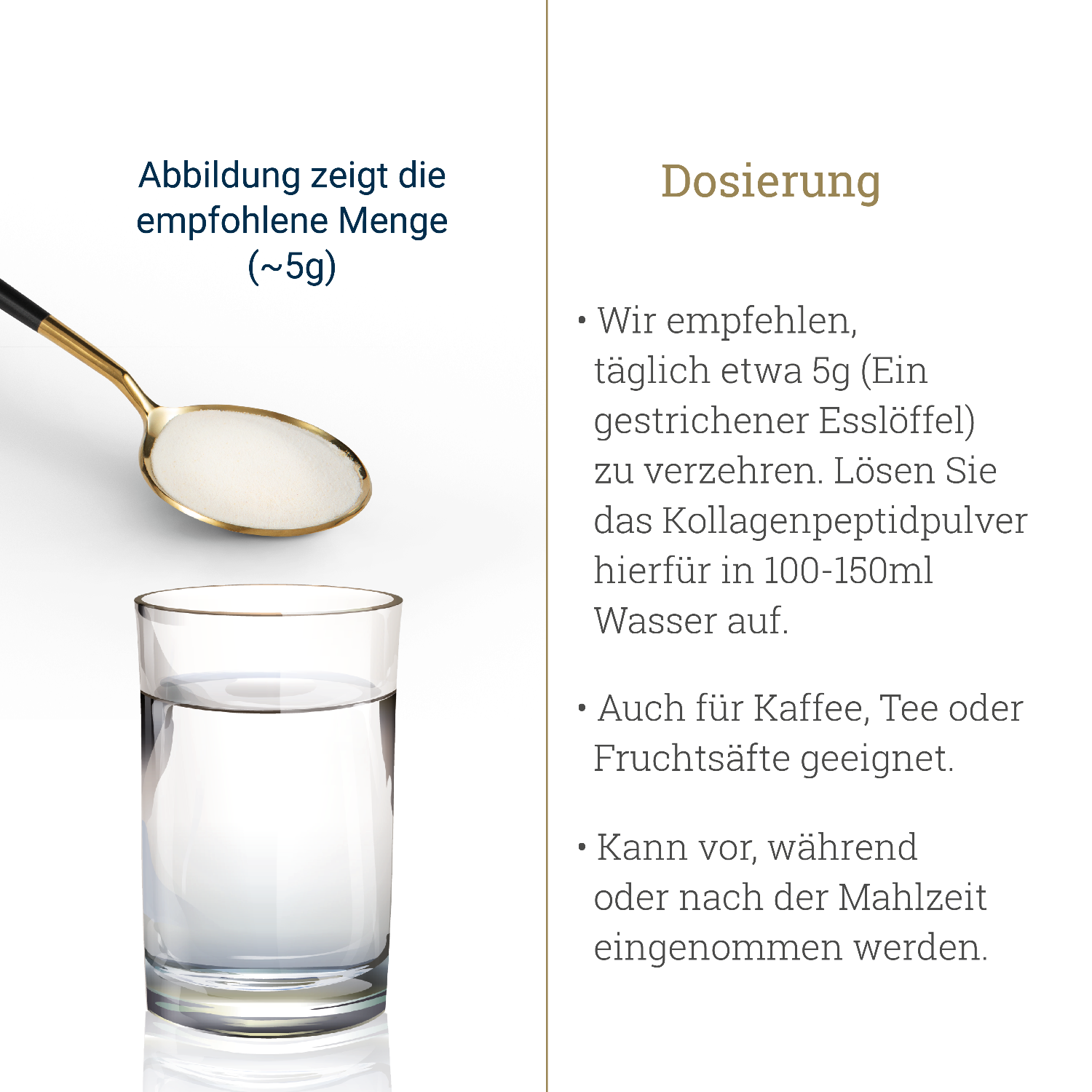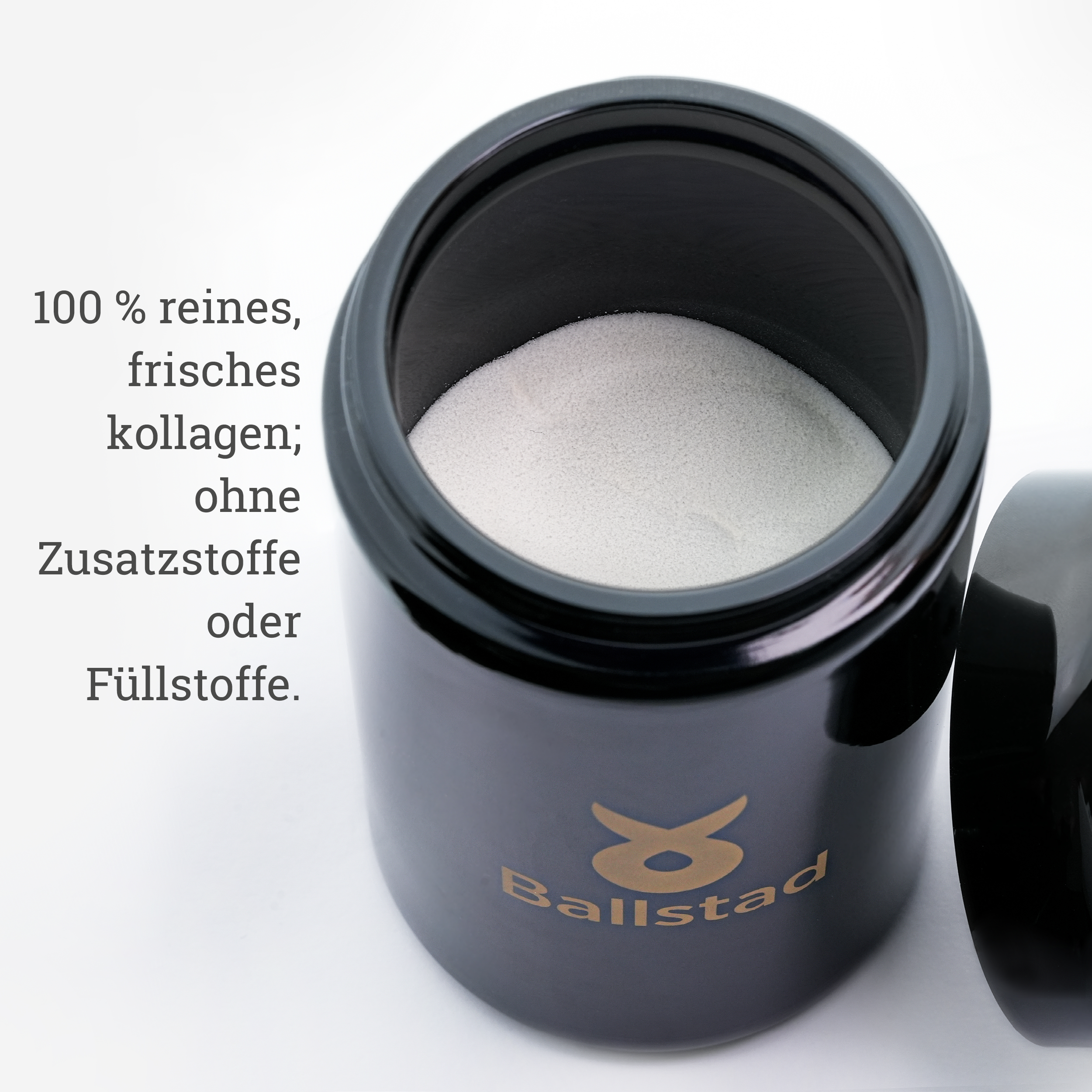Collagen – an important structural protein
Collagen is the most abundant protein in the human body and contributes significantly to the strength of many tissues. As we age, the body's production slows down, which is a normal part of the natural aging process.
The role of vitamin C in collagen formation
Vitamin C is involved in various biochemical processes necessary for collagen formation. Researchers describe the following functions, among others:
-
Supports enzyme activity – Vitamin C is needed for enzymes that change certain amino acids in the collagen molecule so that the typical helical structure can form.
-
Involvement in the work of fibroblasts – These cells form collagen fibers in the connective tissue.
-
Protection against oxidative stress – Vitamin C acts as an antioxidant and can neutralize free radicals, which scientific studies have linked to the breakdown of proteins.
These statements are based on recognized biochemical mechanisms and describe natural metabolic processes without promising any health effects within the meaning of the Health Claims Regulation.
Foods with vitamin C
To ensure adequate intake, it is recommended to regularly include foods rich in vitamin C in your diet. Examples include citrus fruits, kiwi, strawberries, peppers, broccoli, kale, and tomatoes.
Combination with collagen products
Those taking collagen supplements—such as collagen peptides from fish—can, of course, combine them with a diet rich in vitamin C. This combination is frequently discussed among experts, as vitamin C is involved in the metabolic pathways described.
Notice
This information is intended solely to provide general knowledge about nutrients and their role in human metabolism. It does not replace medical advice and does not contain any health-related claims within the meaning of the EU Health Claims Regulation.



